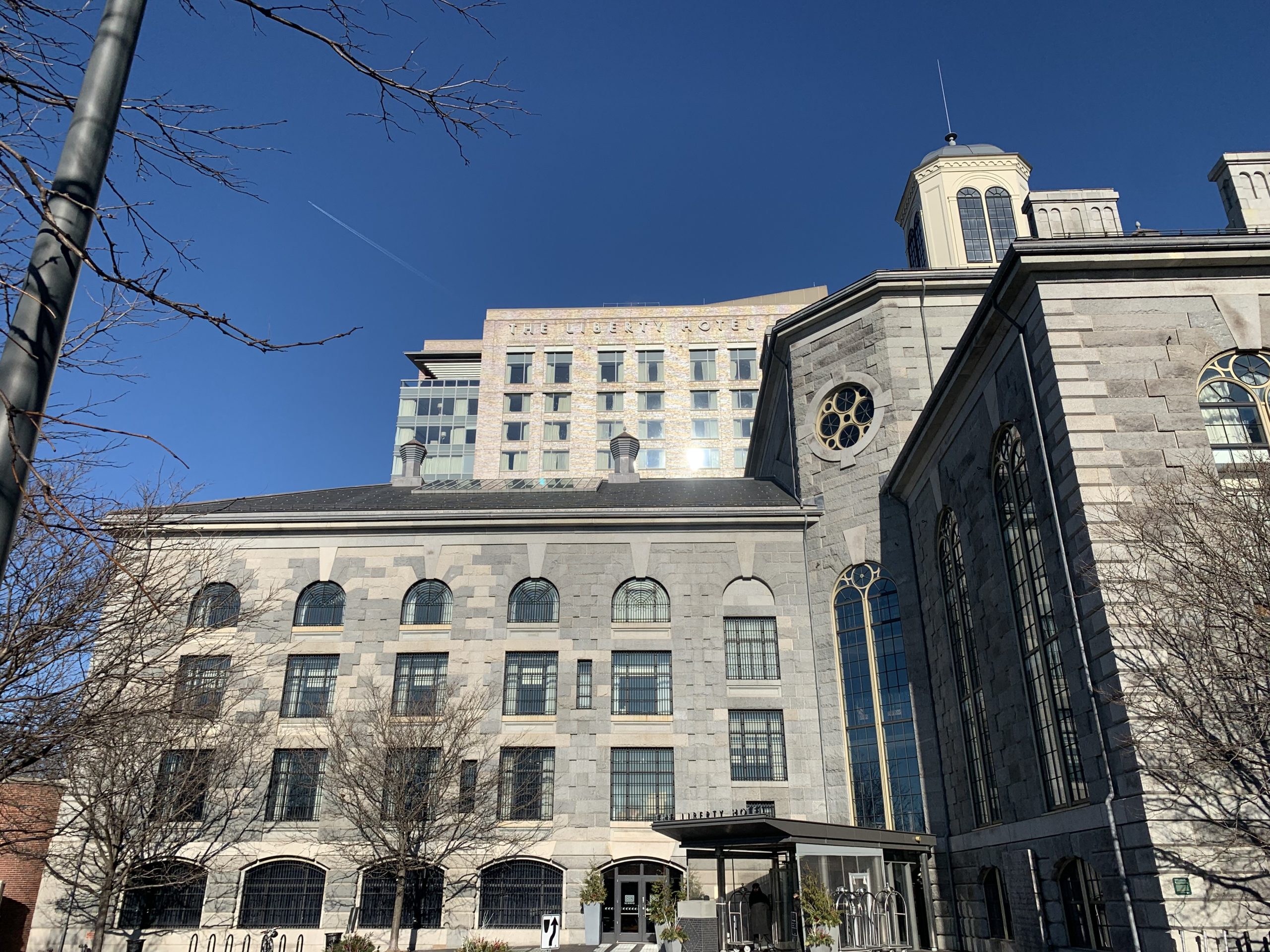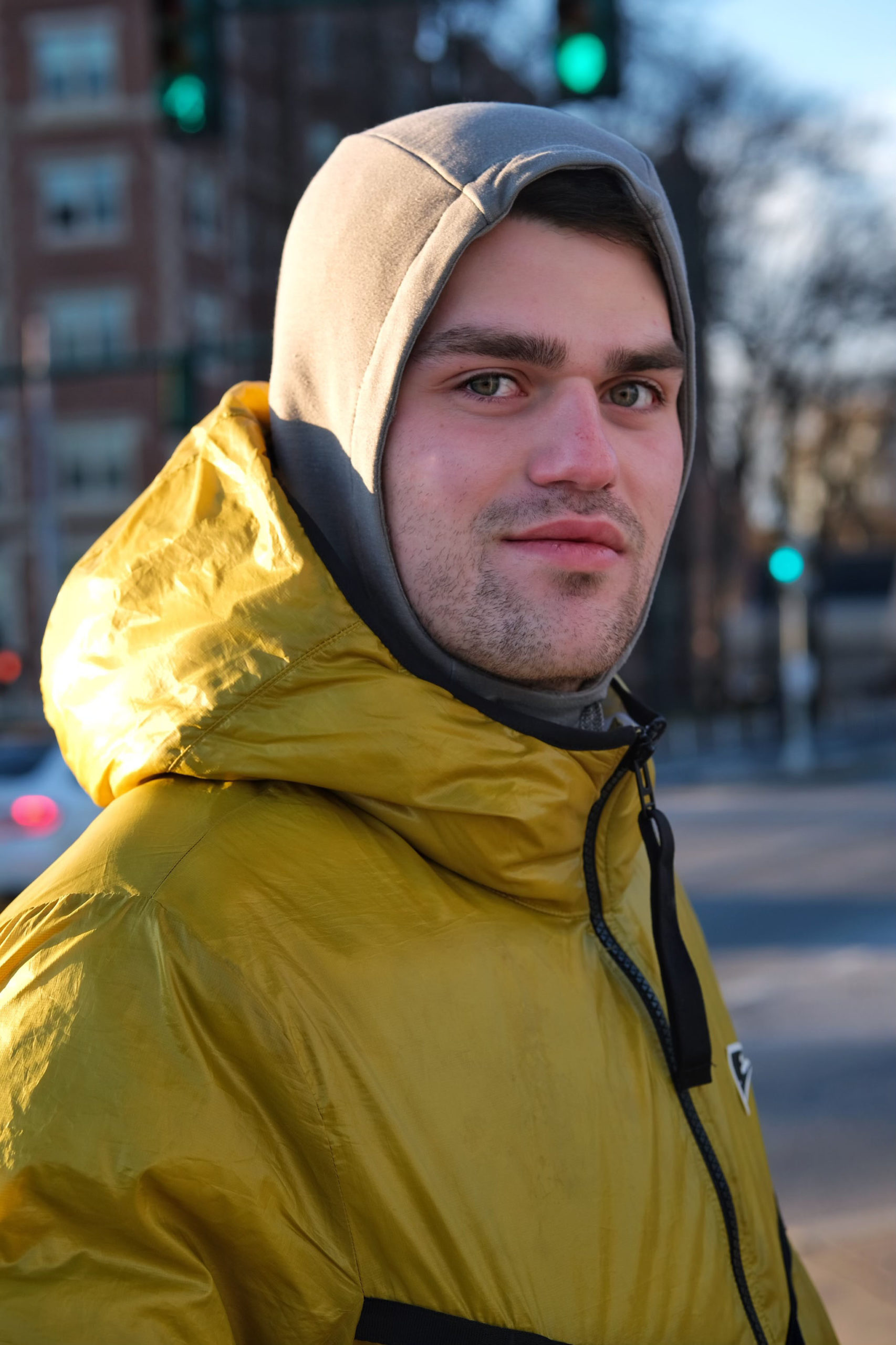Charles Street Jail’s most notorious inmates include James “Whitey” Bulger, the Boston born mobster-turned-fugitive, at one time, only second to Osama Bin Laden on the FBI’s “Most Wanted” list, in addition to the check forging imposter and con artist, Frank Abagnale Jr., whose life is depicted by Leonardo Dicaprio in the 2002 film, “Catch Me If You Can.” James Bulger was arrested and held for his connection to a bank robbery when he was 26 years old, while Frank Abagnale Jr. was jailed after being detained on suspicion of impersonating an airline pilot.
Since Charles Street Jail functioned as a temporary holding facility for petty criminals serving short sentences, those arrested and awaiting a hearing or trial, as well as those convicted of committing more serious crimes, there was quite the population turnover. Charles Street served as the primary jail for Suffolk County, so a wide range of people, from the neighborhood drunkard to murders, were held there.
Fighting for women’s rights
Ezra Heywood was a women’s suffrage advocate arrested and convicted of spreading birth control information in his periodical, Cupid’s Yoke, through the United States mailing system. Heywood was a proponent of the Free Love movement in the 19th Century, which regarded matters surrounding marriage, sexual freedom, and birth control, ones which ought not be under control of the government. Initially placed in Charles Street Jail, he was transferred to a prison where he completed six months of his two year sentence, where he received a pardon from President Rutherford B. Hayes.
In February 1919, 19 suffragists were arrested in front of the State House for protesting President Woodrow Wilson’s visit to Boston. The women aimed to catch the attention of President Wilson, and the rest of the nation, in an effort to put pressure on the U.S. Senate to pass the 19th Amendment to the U.S. Constitution, which would eventually be passed later that same year. Those arrested refused to pay fines incurred for violating a city ordinance limiting gatherings. Some of them spent as much as 80 days locked up in Charles Street Jail. The 19th Ammendment to the Constitution asserted, “The right of citizens of the United States to vote shall not be denied or abridged by the United States or by any State on account of sex.” Women were finally given a commanding voice in the democratic republic.
Under Massachusetts state law in the 1960s, only married couples could obtain contraceptives from registered doctors or pharmacists. Bill Baird was convicted of a felony for distributing contraceptives to unmarried men and women at a Boston University event in 1967. Baird would challenge the Massachusetts law, and his case eventually reached the U.S. Supreme Court in 1972. The court’s ruling ultimately stems from the 1965 Supreme Court case, Griswold v. Connecticut, which determined the Constitution protects the right of marital privacy against state restrictions on a couple’s ability to be counseled using contraceptives. With the Griswold ruling in mind, in addition to the 14th Amendment’s “Equal Protection Clause,” the Massachusetts law punishing Bill Baird was struck down because it violated the right to privacy of married or single individuals, and their freedom from unwarranted governmental intrusion into counseling a couple’s use of contraceptives. The 1972 Supreme Court case, Eisenstadt v. Baird, led to the legalization of contraception for all women in America.
A different type of structure
Charles Street Jail, now the upscale Liberty Hotel, was world-renown for its humane architectural design when it began operating in 1851. Instead of emphasizing solitary confinement 24 hours per day, which at the time, was seen as an opportunity for inmates to reflect on their life choices, the Charles Street Jail focused more on rehabilitation.
Made entirely from granite, the cross-shaped structure was considered fireproof. An unprecedented amount of natural light was absorbed by the 30 windows, each 10-feet-wide and 33-feet-tall, spanning the circumference of the exterior. Most cells had barred windows and doors, so inmates were exposed to sunlight throughout the day. Catwalks, rather than floors, were erected on each level to create an open-air layout especially accomplished by an 85-foot tall octagonal atrium at the heart of the jail. Bathing was permitted one time per week, at the time a generous accommodation for people viewed and treated as subhuman.
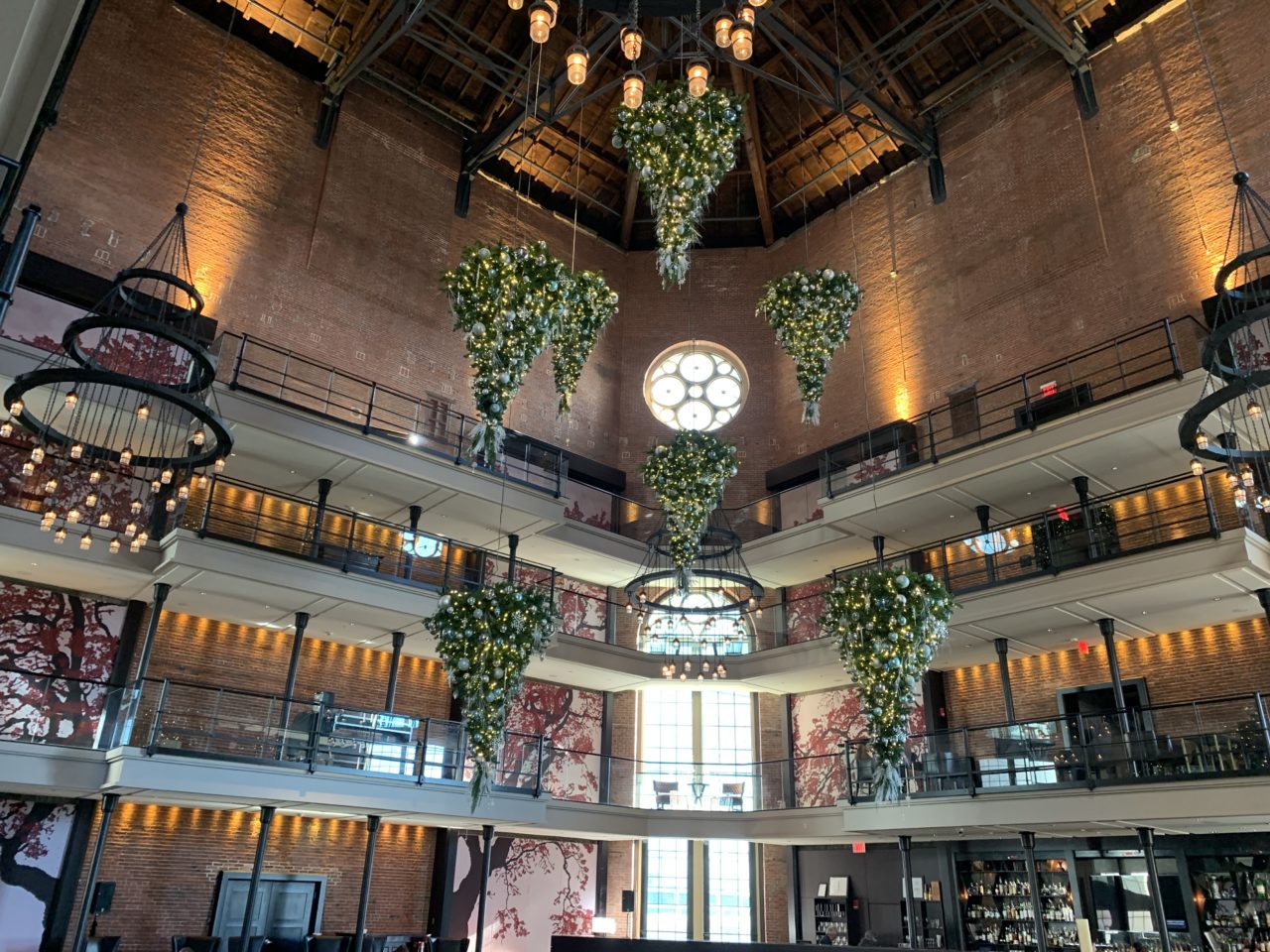
The decline of Charles Street Jail
Over the years, the condition of the jail steadily declined. Overcrowding was commonplace. Usually, two inmates were placed in cells designed for single occupancy. Iron cot beds inside the cells took up the majority of the space, making it very difficult for prisoners to move around. Toilets and sinks were corroded and encrusted in excrement because of lack of sanitation control and plumbing problems. The lead paint covering the cell walls peeled away, posing serious health problems. Jail cells had to be manually locked and unlocked by guards, one at a time. Cell containment was not controlled electronically. Charles Street Jail went from a building able to survive the Great Boston Fire of 1872, a catastrophe that devastated much of the city, to a fire hazard. On top of it all, significant pigeon, rat, roach, water bug, and mosquito infestations only added to the inhumane conditions.
In 1971, inmates in the Charles Street Jail filed a lawsuit alleging an environment that amounted to cruel and unusual punishment, therefore unconstitutional. Judge W. Arthur Garrity, the U.S. Attorney for the District of Massachusetts, spent a night at Charles Street to better understand the plight of those held there. He found the situation so horrible to the point where they violated the human rights of the inmates. In 1973, Judge Garrity ruled no inmates awaiting trial could be placed in a cell with existing inmates, and even further, beginning in 1976, inmates awaiting trial couldn’t be held at Charles Street Jail at all. And so begins the legal demise of the historic facility. Over a period of 25 years, seven governmental commissions inspecting and studying the jail would condemn the state of the jail.
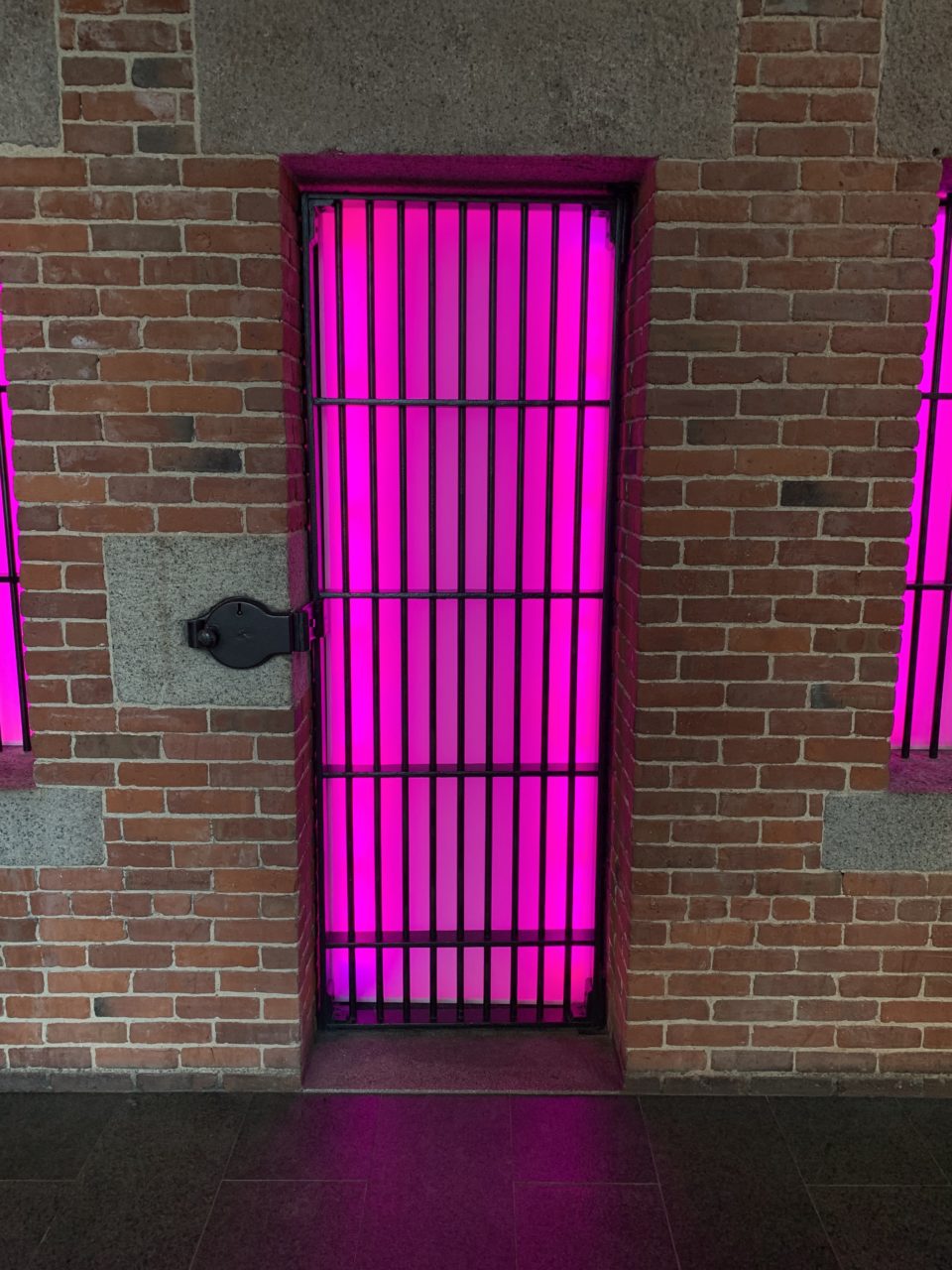
The last inmate was relocated from the Charles Street Jail in May 1990, at which time, it was officially closed. Massachusetts General Hospital (MGH) purchased the property in 1991. It was largely boarded up for over a decade while officials of the hospital determined what to do with the building. The inside of the jail served as a place to hold files and equipment, while the land was used as a parking lot.
In 2001, MGH granted the real estate development company, Carpenter & Company, Inc., the right to transform Charles Street Jail into a luxury hotel. Suffolk Construction Company, along with architect firms Cambridge Seven Associates and Beha Architects led the reconstruction and preservation of the building.
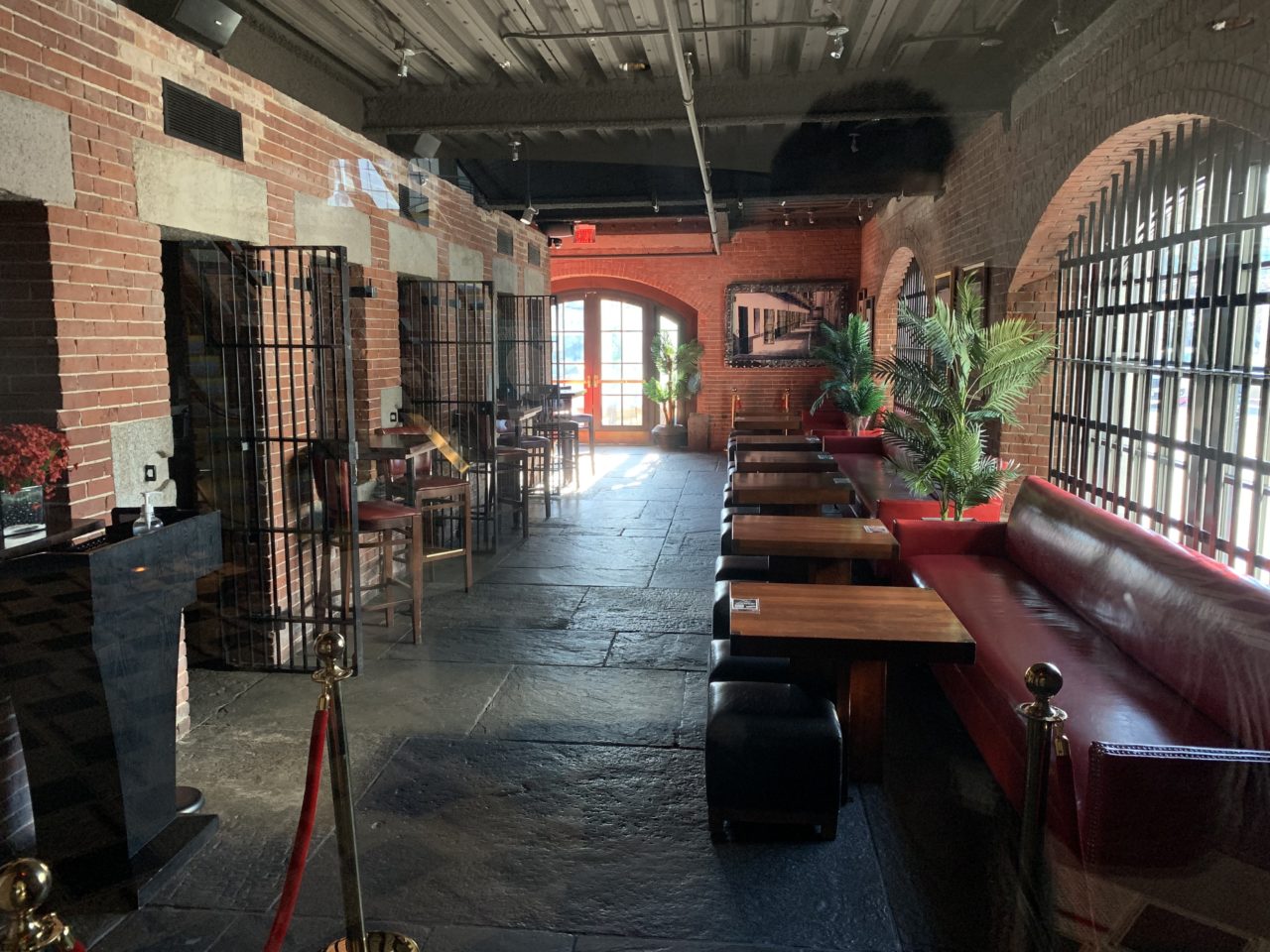
The transformation from condemned jail to a lavish hotel would cost $150 million. The Liberty Hotel officially opened for guests in September 2007, and is right outside present-day Beacon Hill, neighboring MGH.
References:
Charles Street Jail by Joseph McMaster (used the entire book throughout the article)
Government Archives:
https://tile.loc.gov/storage-services/master/pnp/habshaer/ma/ma1600/ma1642/data/ma1642cap.pdf
https://tile.loc.gov/storage-services/master/pnp/habshaer/ma/ma1600/ma1642/data/ma1642data.pdf
Used the following sources to support specific points:
Ezra Heywood:
Women Suffragists:
https://www.archives.gov/historical-docs/19th-amendment
Bill Baird:
https://www.radcliffe.harvard.edu/schlesinger-library/collections/bill-baird
https://www.oyez.org/cases/1971/70-17
https://www.oyez.org/cases/1964/496
https://www.nbcnews.com/news/us-news/whitey-bulger-was-fixture-fbi-s-most-wanted-list-good-n926371

